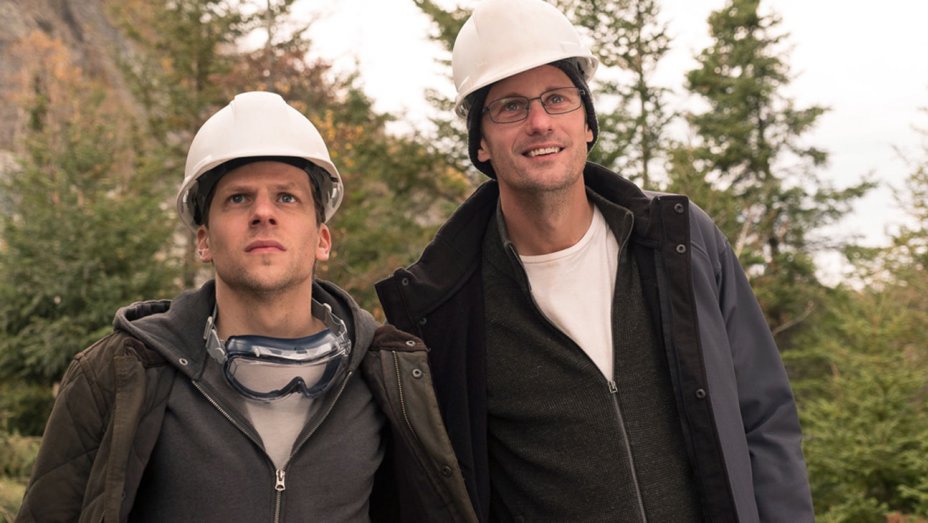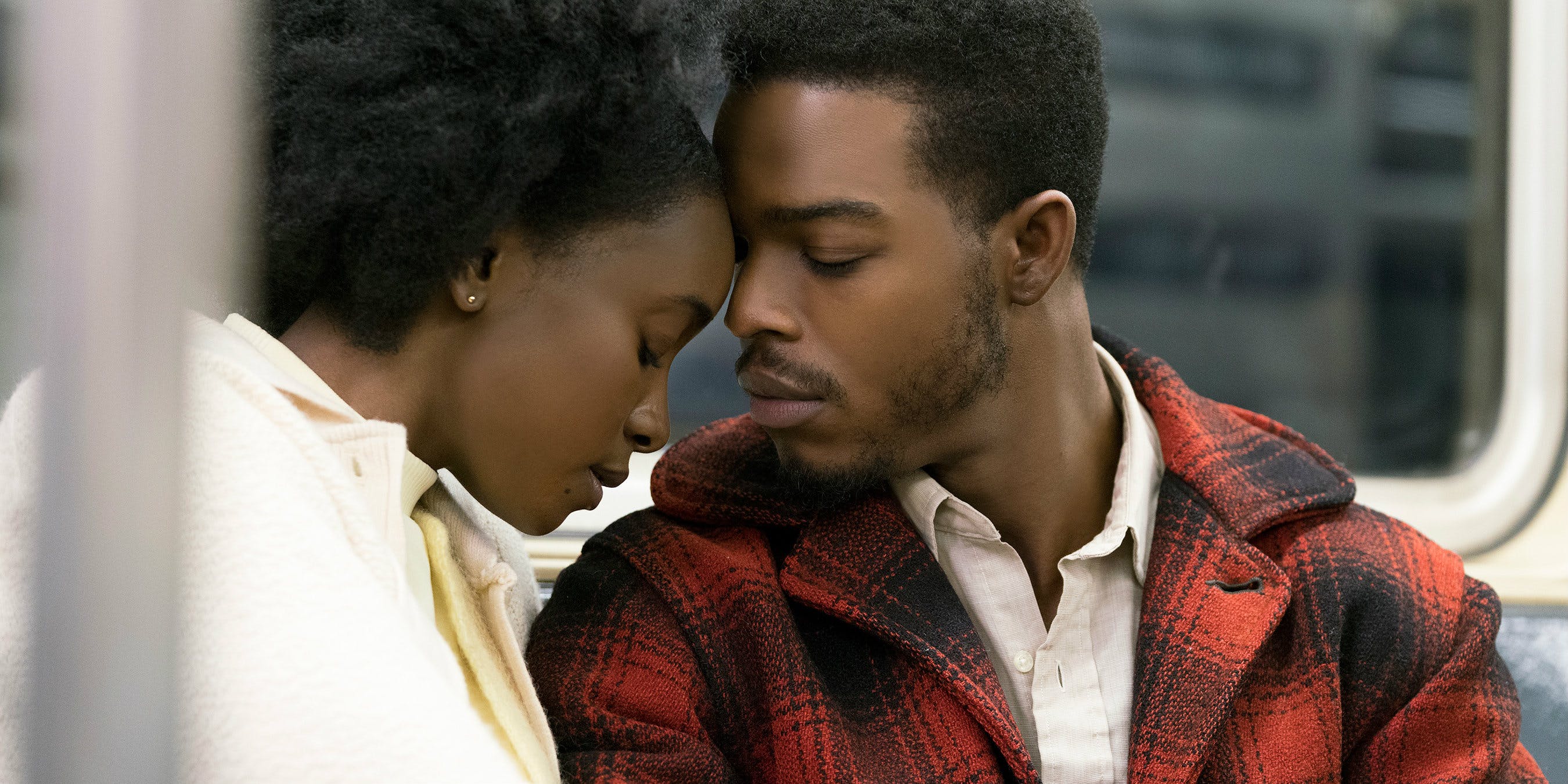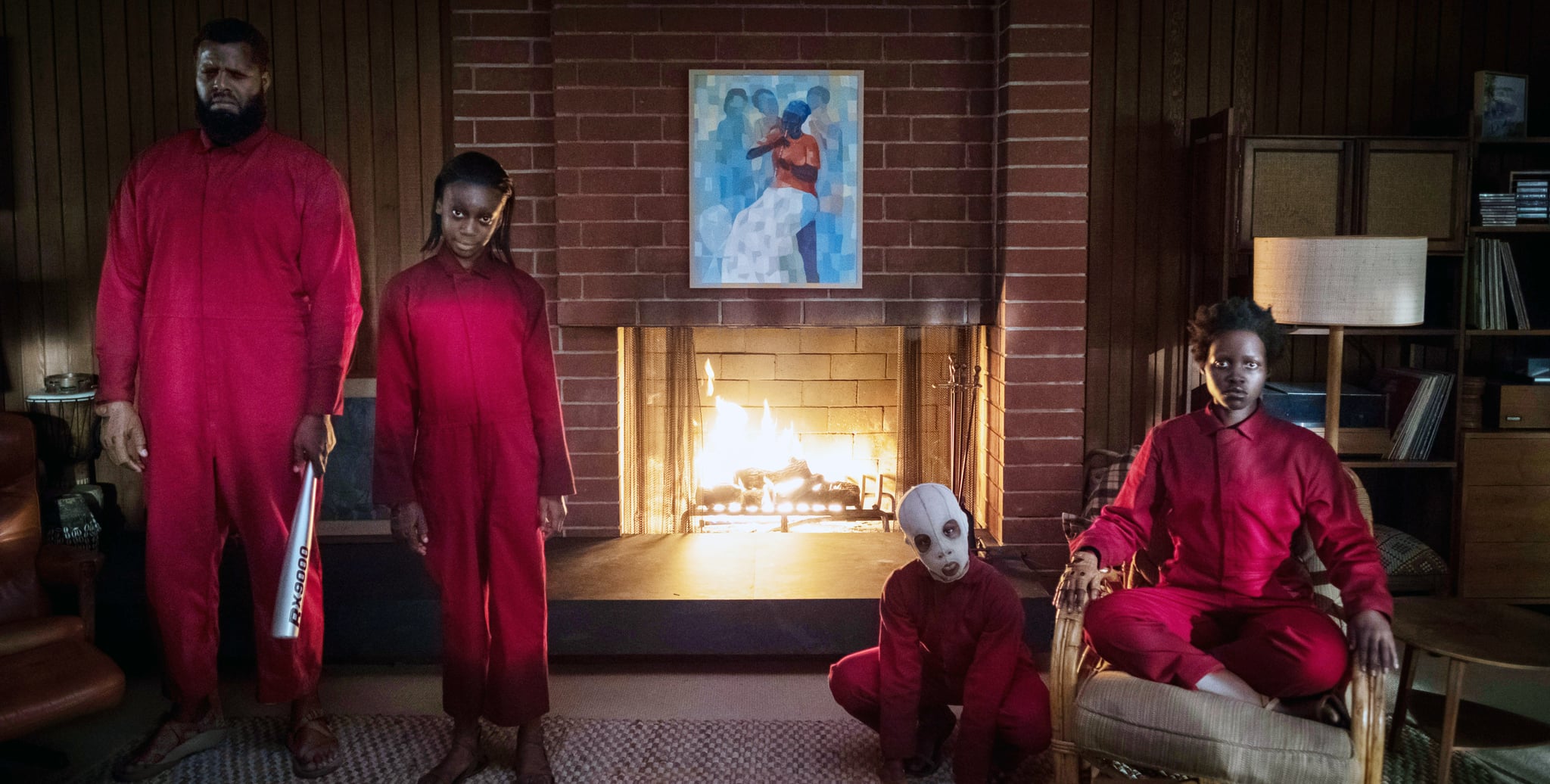Dumbo
by Hope Madden and George Wolf
There was something so terrifyingly perfect in the idea of Tim Burton reimagining Disney’s 1941 circus tearjerker Dumbo. If anyone could rediscover, perhaps even amplify the grotesque tragedy lurking at the heart of this outsider sideshow, it should be Burton.
He seems at home with the material.
Burton’s Edward Scissorhands is basically Dumbo: an innocent misfit, safe only with the one who birthed him, tragically loses that protector and must face a cold, ugly and abusive world that accepts him only because of what it can gain from the very oddities it mocks.
Dumbo is maybe the most emotionally battering film Walt Disney ever unleashed on unsuspecting families. But Burton seems thrown off course by a hero seeking release over acceptance, and instead of that macabre sense of wonder that infuses Burton’s best efforts, he seems content to bite the white-gloved hand that is feeding him.
Dumbo, the wing-eared baby elephant himself, does come to impressive CGI life – all grey wrinkles, long lashes and big, beautifully expressive eyes.
The film’s other squatty little character – Danny DeVito – is also a joy to watch. As circus owner Max Medici, DeVito charms every moment onscreen, and seeing him face to face again with Michael Keaton (as the shady, badly-wigged amusement park magnate V.A. Vandevere) is a nostalgic hoot.
The balance of the cast—Colin Farrell, Nico Parker, Finley Hobbins, Eva Green—fluctuates from passable to painful while staying consistently detached, and any true emotional connection just cannot take root, despite the inherent head start.
Because let’s be honest, many parents will be carrying an emotional connection into the theater with them, perfectly ready to surrender to the ugly cry moment they know is coming.
And it does…but it doesn’t, the scene strangely cut off at the knees to serve a bloated narrative that adds nothing but running time. True movie magic, heartbreaking or otherwise, is nowhere to be found.
The only interesting thing Burton and screenwriter Ehren Kruger (The Ring, several Transformers installments) do, via the Vandevere character and his theme park, is deride the film’s parent company. It’s nearly impossible to view “Dreamland” as anything but a Disneyland stand-in, and equally difficult to decipher the purpose.
Are they calling out rampant consumerism, unsavory Disney memories such as Song of the South or none of the above? Whatever the answer, it only adds to the confusion found in the center ring of this misguided update.









